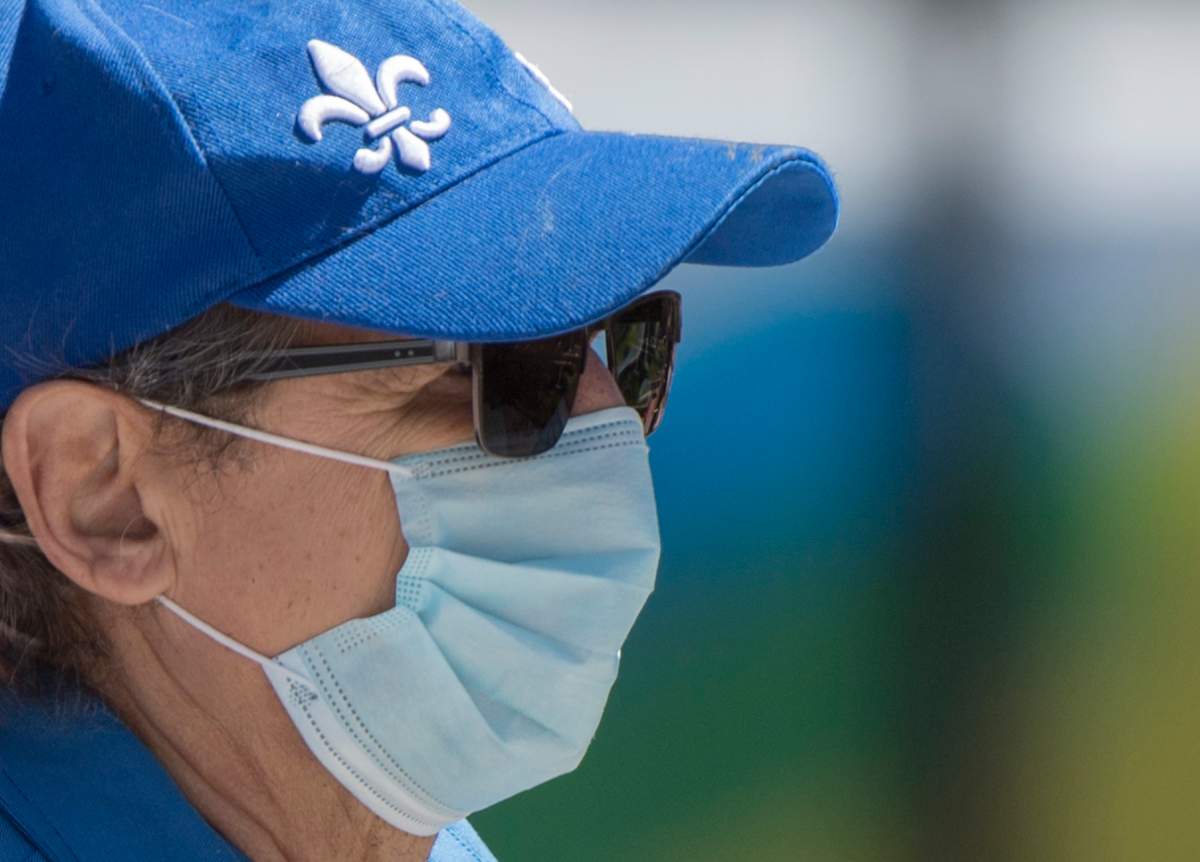Saskatchewan reported one new coronavirus case on Thursday, bringing the provincial total of cases to 648.

The new case is in Saskatoon, according to health officials.
Active cases in the province continue to decline after six more recoveries were reported.
Twenty-nine cases remain active in the province, which make up less than five per cent of the province’s total COVID-19 cases.
In total, 608 people have recovered from the virus, which makes up nearly 94 per cent of all cases.
Below is a breakdown of cases across Saskatchewan:
- The far north has 257 cases, 18 of which are active
- The north has 112 cases, two of which are active
- Saskatoon has 170 cases, four of which are active
- Central Saskatchewan has 12 cases, with zero active cases
- Regina has 80 cases, four of which are active
- Southern Saskatchewan has 17 cases, one of which is active
Hospitalizations due to COVID-19 remains steady at two people, both of whom are in the ICU in Saskatoon.

Get weekly health news
There are 50 cases among health-care workers.
Here is a breakdown of total Saskatchewan cases by age:
- 96 people are 19 and under
- 230 people are 20 to 39
- 198 are 40 to 59
- 106 people are 60 to 79
- 18 people are 80 and over
Males make up 48 per cent of the cases, females 52 per cent.
Officials said 389 cases are linked to community contact or mass gatherings, 143 are travel-related, 77 have no known exposure and 39 are under investigation by public health.
To date, 11 people have died from COVID-19 in the province.
Saskatchewan has completed 49,915 tests so far for the virus, up 783 from Wednesday.
Testing for COVID-19 is also now available to anyone currently working outside the home, or anyone returning to work as part of Saskatchewan’s reopen plan.
Beginning June 5, testing criteria will be further expanded. Testing will be offered to:
- Those being admitted to acute care for more than 24 hours, including expectant mothers
- Immunocompromised individuals and their health care providers.

Questions about COVID-19? Here are some things you need to know:
Symptoms can include fever, cough and difficulty breathing — very similar to a cold or flu. Some people can develop a more severe illness. People most at risk of this include older adults and people with severe chronic medical conditions like heart, lung or kidney disease. If you develop symptoms, contact public health authorities.
To prevent the virus from spreading, experts recommend frequent handwashing and coughing into your sleeve. They also recommend minimizing contact with others, staying home as much as possible and maintaining a distance of two metres from other people if you go out. In situations where you can’t keep a safe distance from others, public health officials recommend the use of a non-medical face mask or covering to prevent spreading the respiratory droplets that can carry the virus.
For full COVID-19 coverage from Global News, click here.









Comments
Want to discuss? Please read our Commenting Policy first.